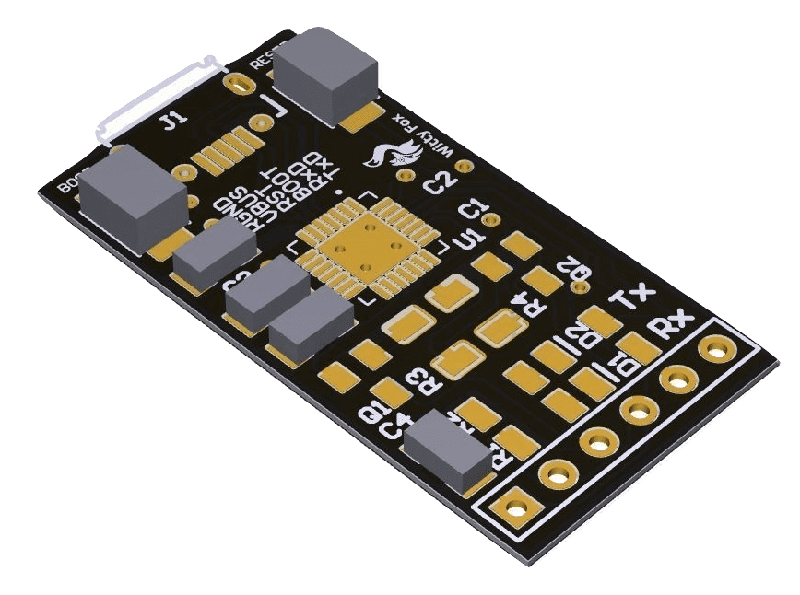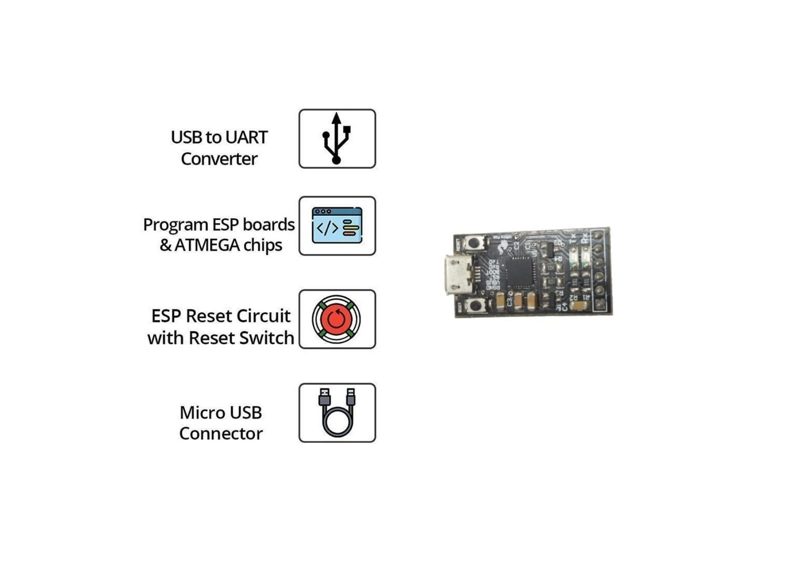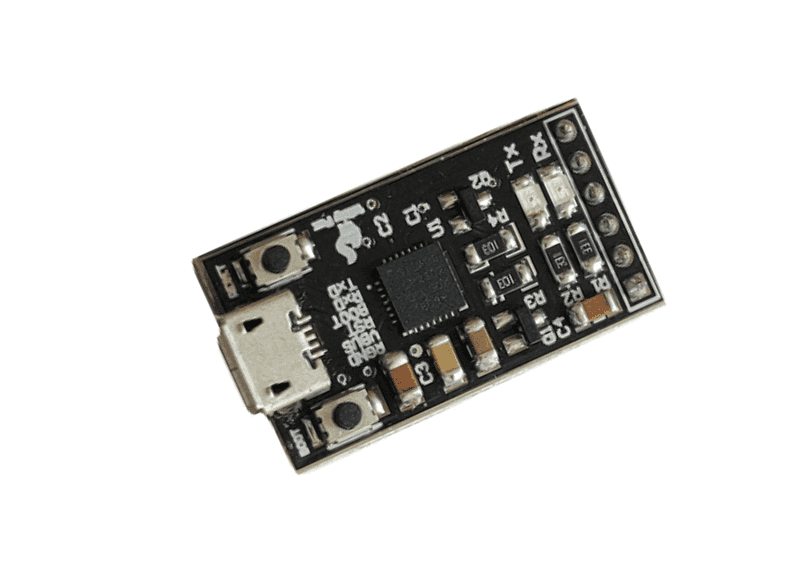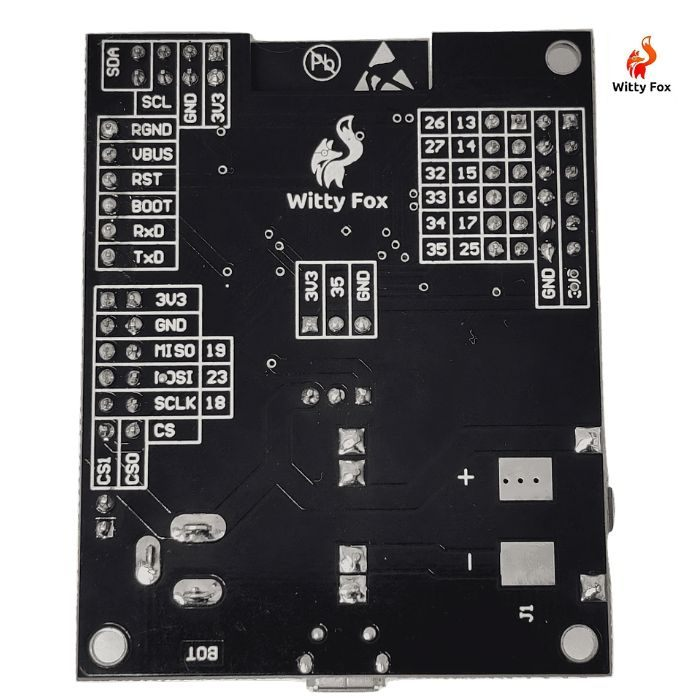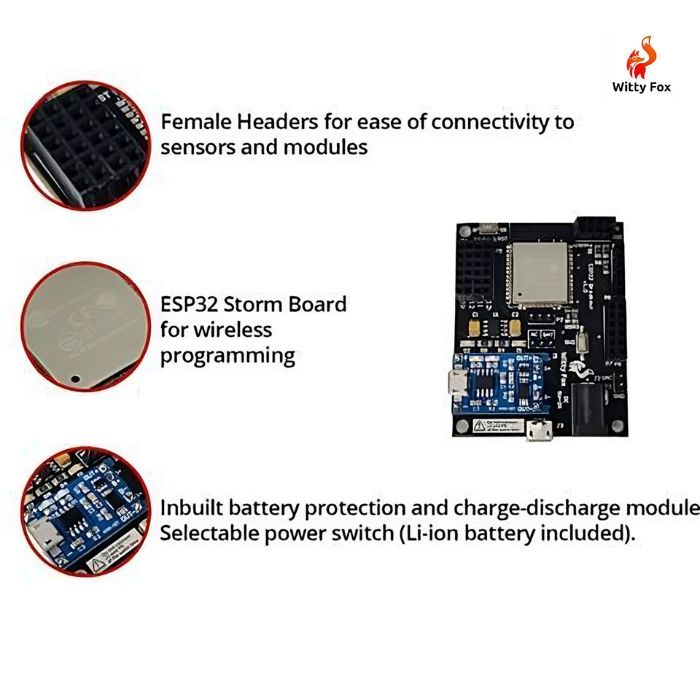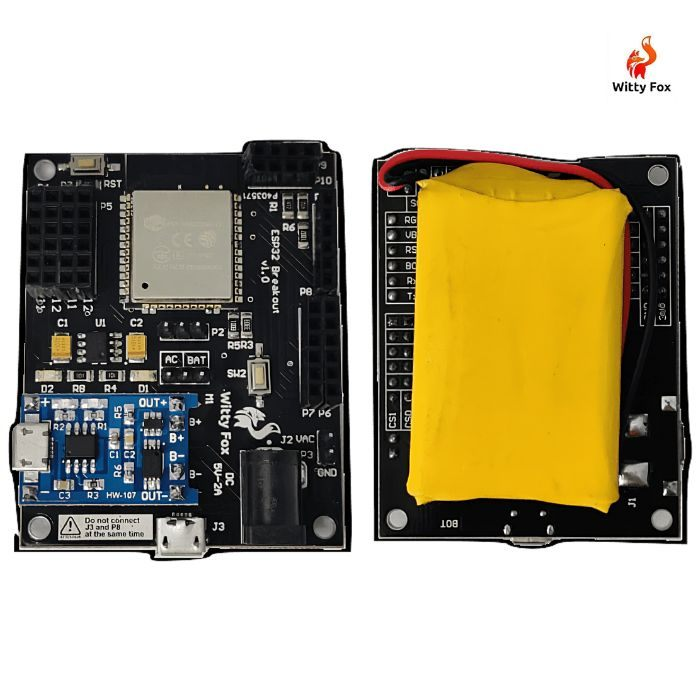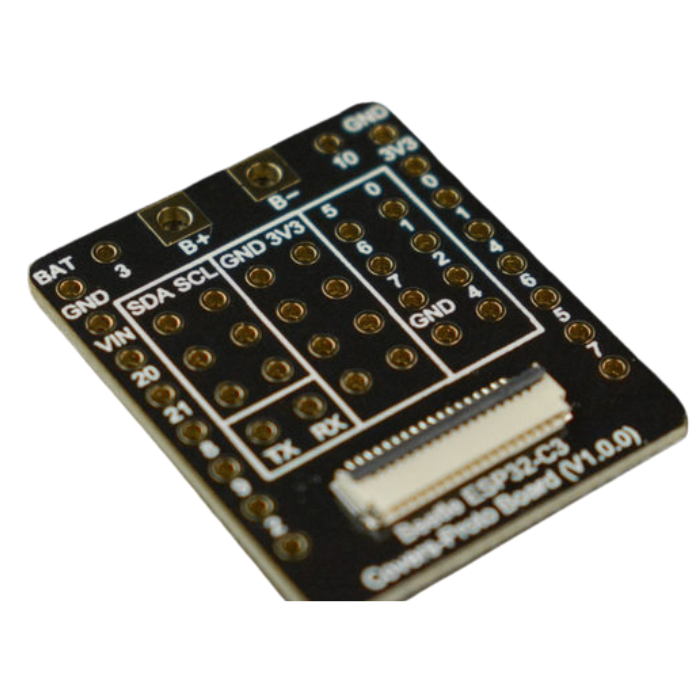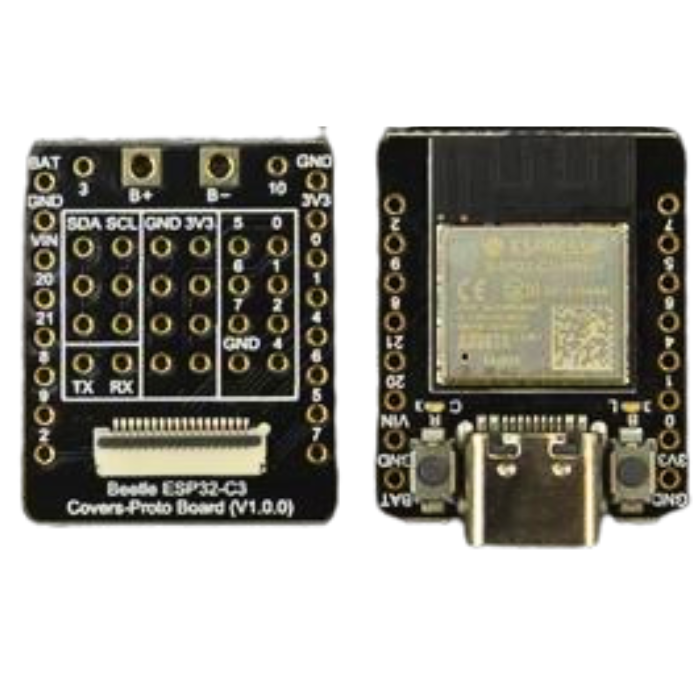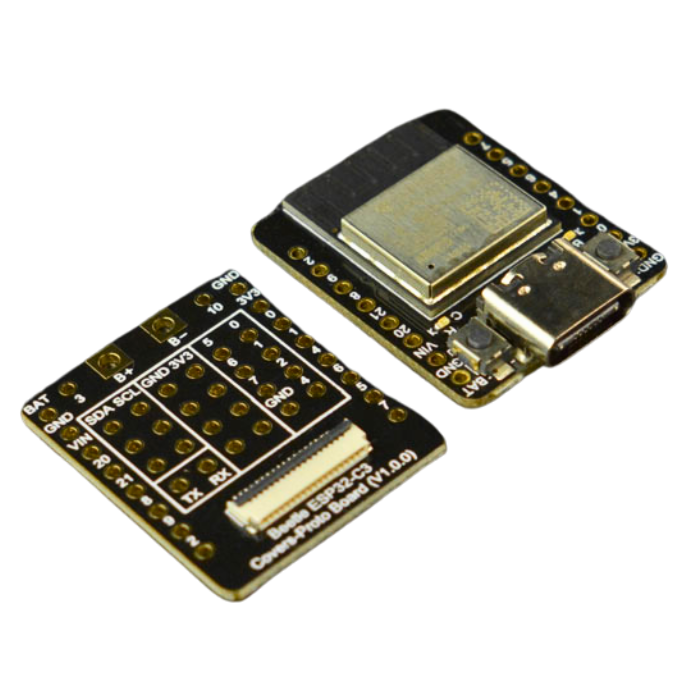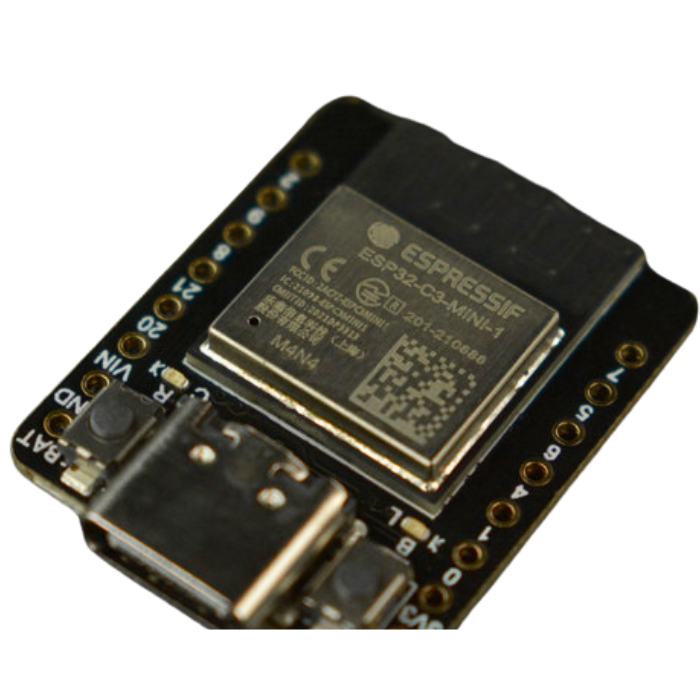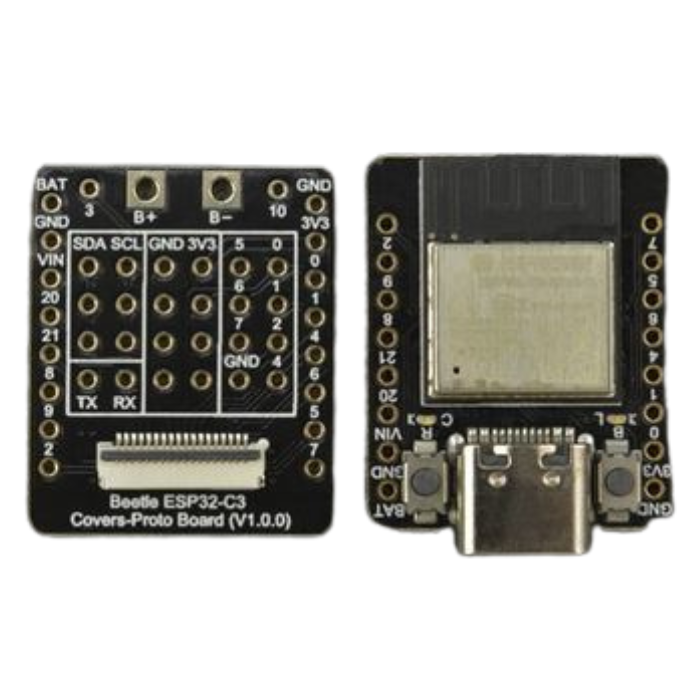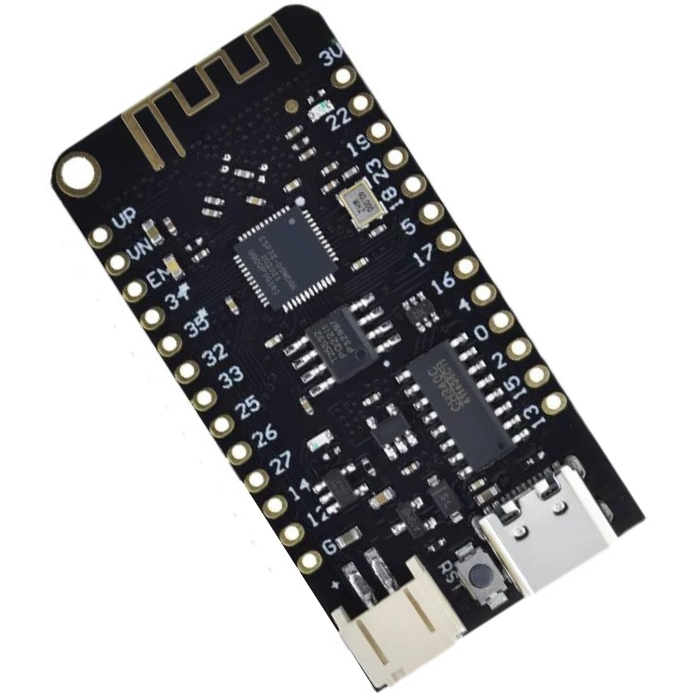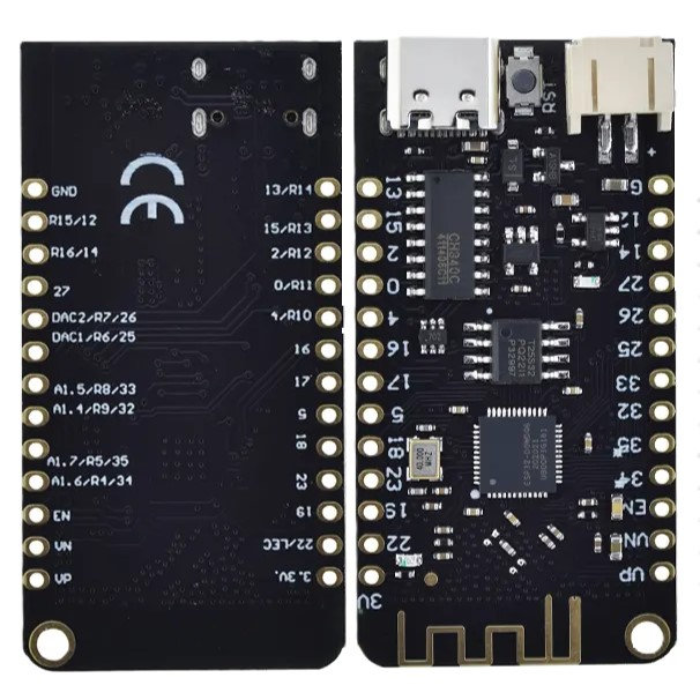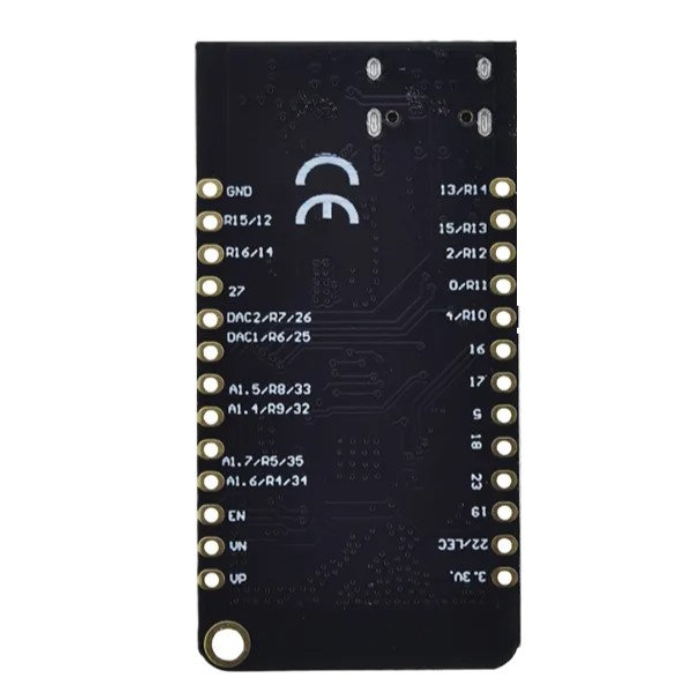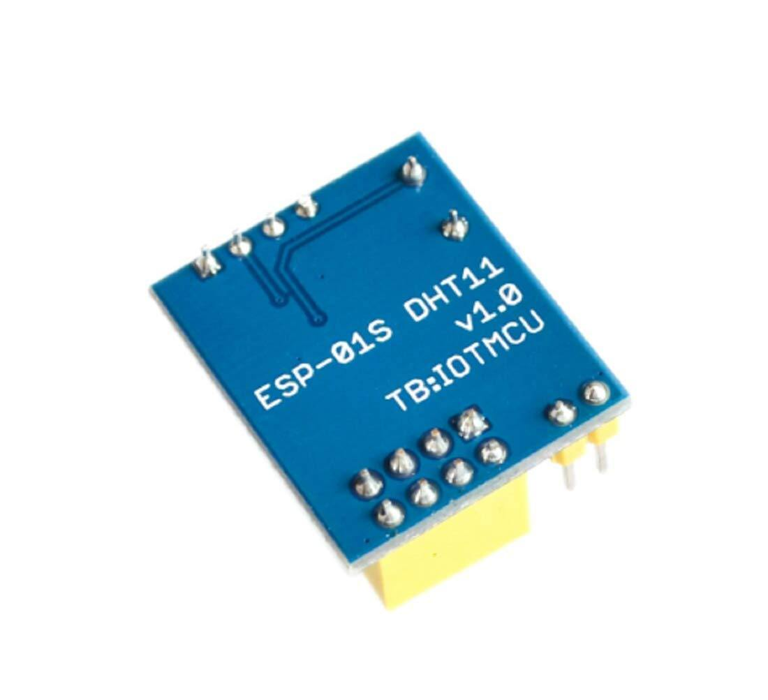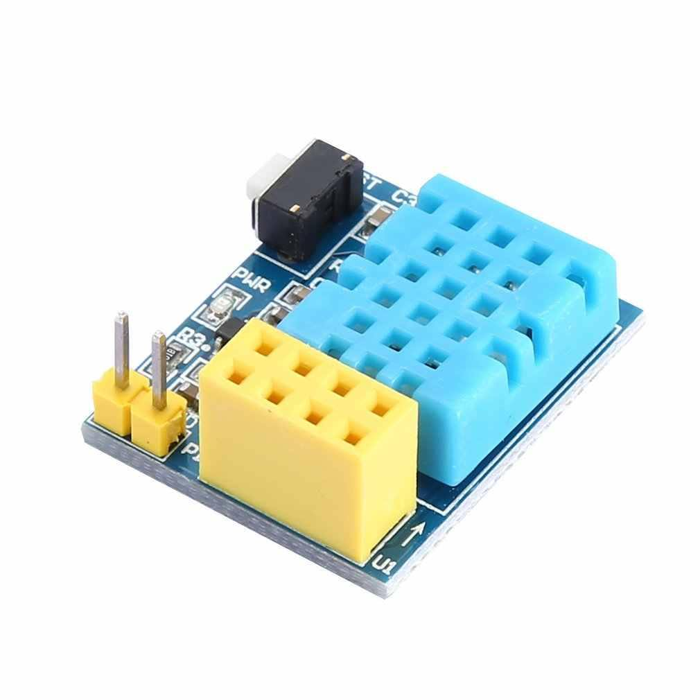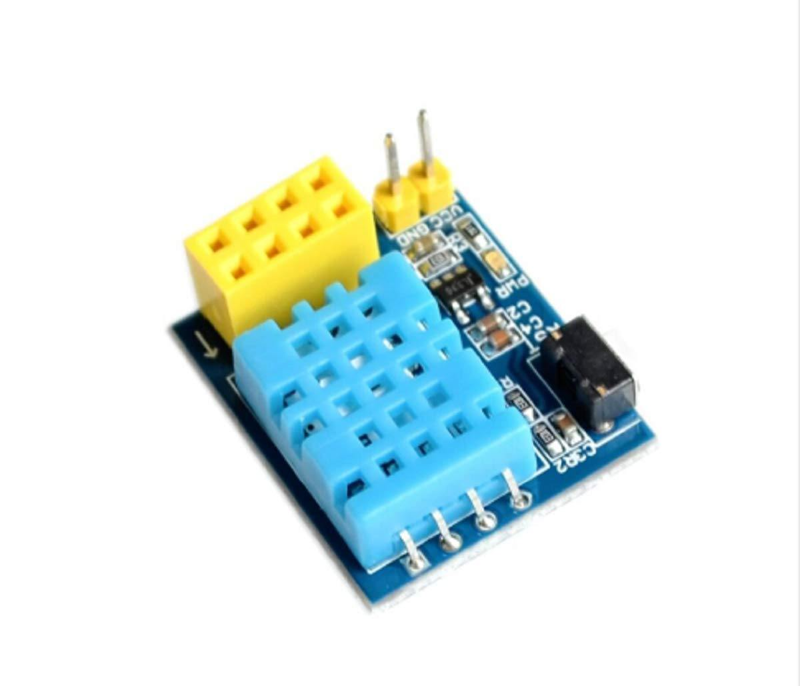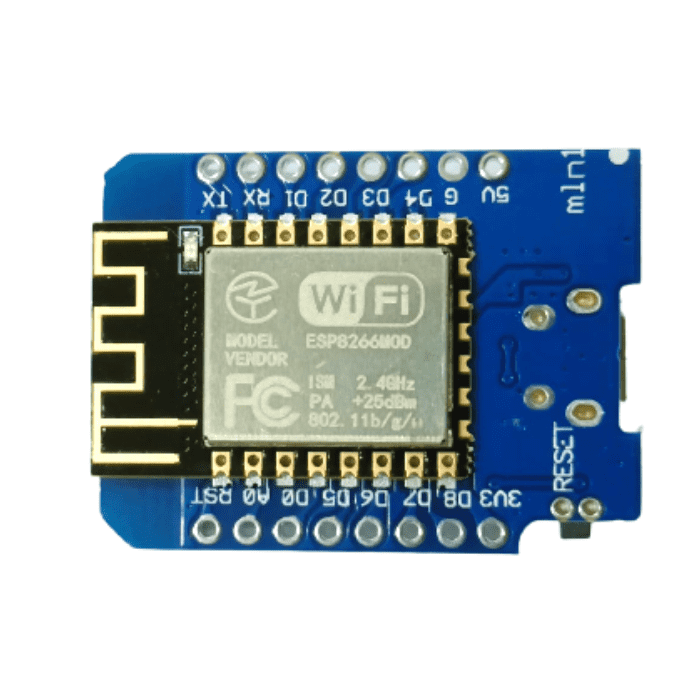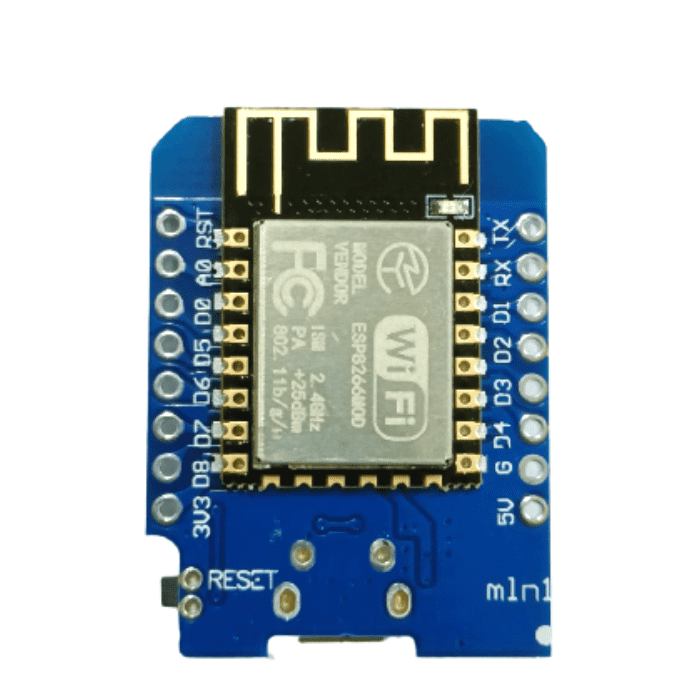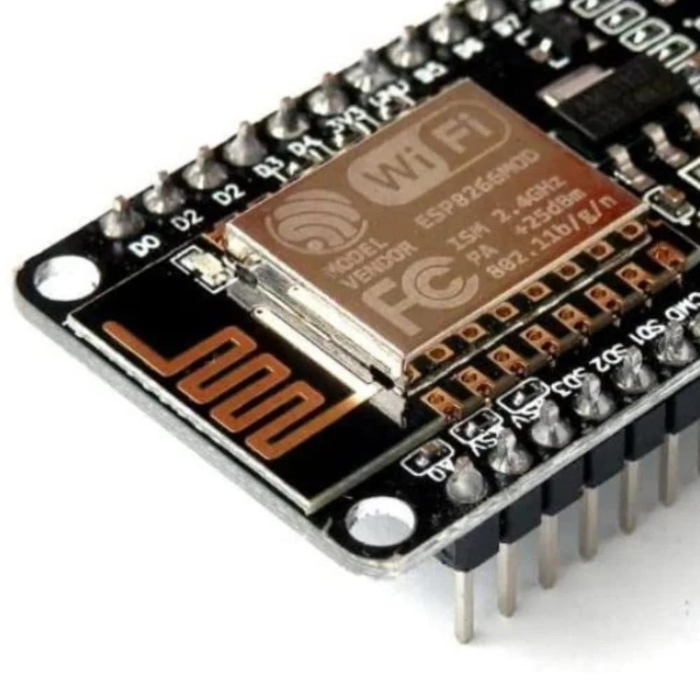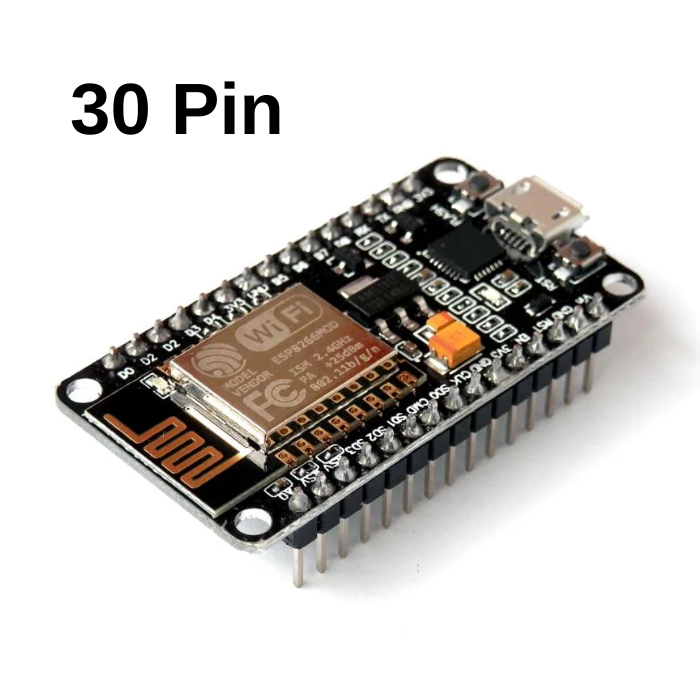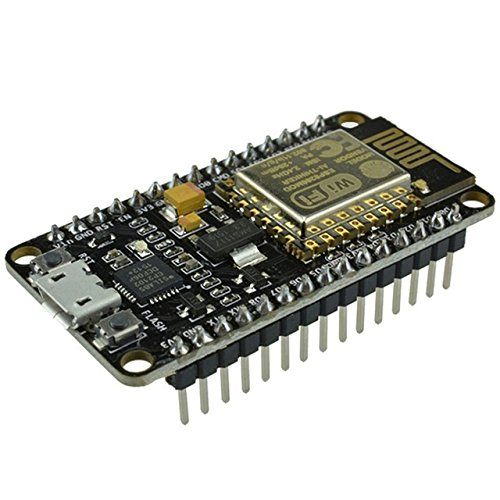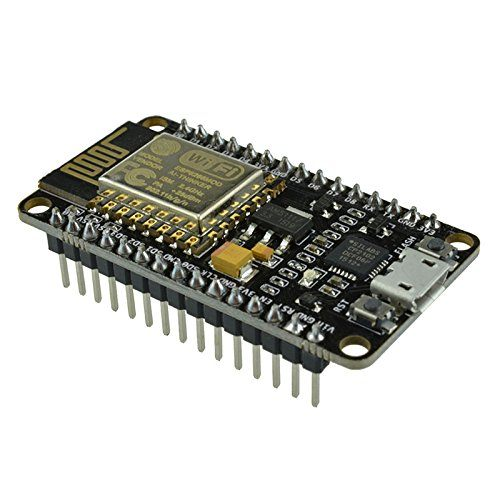ESP32 (38 Pin) WiFi + Bluetooth NodeMCU-32 Development Board ( Pack of 25)
ESP32 (38 Pin) WiFi + Bluetooth NodeMCU-32 Development Board This is an ESP32 development board. It features WiFi+Bluetooth connectivity onboard and keys. ESP 32 Development board is based on the ESP WROOM32 WIFI + BLE Module. It’s a low-footprint, minimal system development board powered by the latest ESP-WROOM-32 module and can be easily inserted into a solderless breadboard. This NodeMCU ESP32 contains the entire basic support circuitry for the ESP-WROOM-32, including the USB-UART bridge, reset- and boot-mode buttons, LDO regulator, and a micro-USB connector. Every important GPIO is available to the developer. ESP32 is already integrated with an antenna and RF balun, power amplifier, low-noise amplifiers, filters, and power management module. The entire solution takes up the least amount of printed circuit board area. This NodeMCU ESP32 board is used with 2.4 GHz dual-mode Wi-Fi and Bluetooth chips by TSMC 40nm low power technology, power and RF properties best, which is safe, reliable, and scalable to a variety of applications. Pin Diagram of Node MCU 38 Pins: ESP32 Pin Description ESP32 to 8266 Comparison: ESP32 is a powerful device that runs through a 32 bit dual-core processor CPU with a clock speed of 160MHz to 240MHz while ESP8266 is a single core CPU with a clock speed of around 80MHz. As we know the ESP32 has higher speed compared to ESP8266 it consumes more power. ESP8266 comes with 16 General Purpose Input Output (GPIO) Pins and other GPIO, UART, I2C, I2S and ADC Pins. While ESP32 has more than 16 GPIO pins along with UART, I2C, I2S, ADC, DAC and CAN Pins. ESP32 comes with Bluetooth and WIFI together onboard whereas the ESP8266 comes with only WIFI. ESP8266 vs. ESP32 Features ESP8266 ESP32 Microcontroller Xtensa Single-core 32-bit L106 Xtensa Dual-Core 32-bit LX6 with 600 DMIPS Frequency (MHz) 80 160 to 240 Bluetooth No Bluetooth 4.2 and BLE SRAM No Yes GPIO Pins 17 (11 Usable Pins) 38 (32 Usable Pins) PWM 8 Channels 16 Channels ADC 10-bit 12-bit CAN No Yes Power Consumption Approx. 70.5 mA Approx. 80~90mA Working Temperature -40ºC to 125ºC -40ºC to 125ºC Price Comparatively lesser than ESP32 Comparatively higher than ESP8266 Applications: Universal low-power IoT sensor hub Home automation. Mesh network. Industrial wireless control. Sensor networks. Smart Socket. Wi-Fi speech recognition device. Package Includes: 25 x ESP32 Development Board(38 Pin) Specifications: SPI Flash 32Mbit(default) Current 80 mA Supply Voltage 2.2 V ~ 3.6 V Dimensions 5 x 4 x 3cms Weight 15 grams
- The NodeMCU32 38pin is a microcontroller development board based on the ESP32 chip. ( pack of 25)
- It has a built-in Wi-Fi module, making it easy to connect to the internet and communicate with other devices.
- This NodeMCU32 has 38 pins, including a variety of input/output (I/O) pins, analog pins, and power pins.
- It is programmed using the Arduino programming language and can be used for a variety of projects, such as IoT (Internet of Things) applications, home automation, and robotics.
- The NodeMCU32 38pin is compatible with a range of sensors and actuators, allowing you to create a wide range of projects.
- It is an open-source development board, meaning that you can access and modify the source code to customize it for your needs.
- 25 x ESP32 Development Board(38 Pin)
- SPI Flash 32Mbit(default)
- Current 80 mA
- Supply Voltage 2.2 V ~ 3.6 V
- Dimensions 5 x 4 x 3cms
- Weight 15 grams






